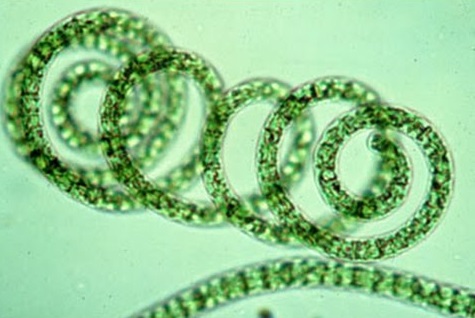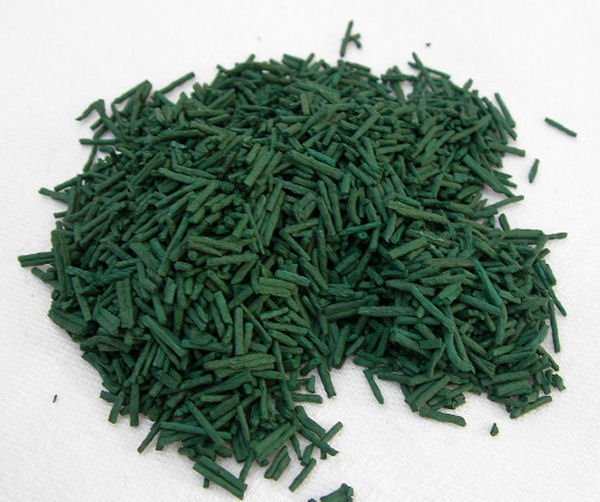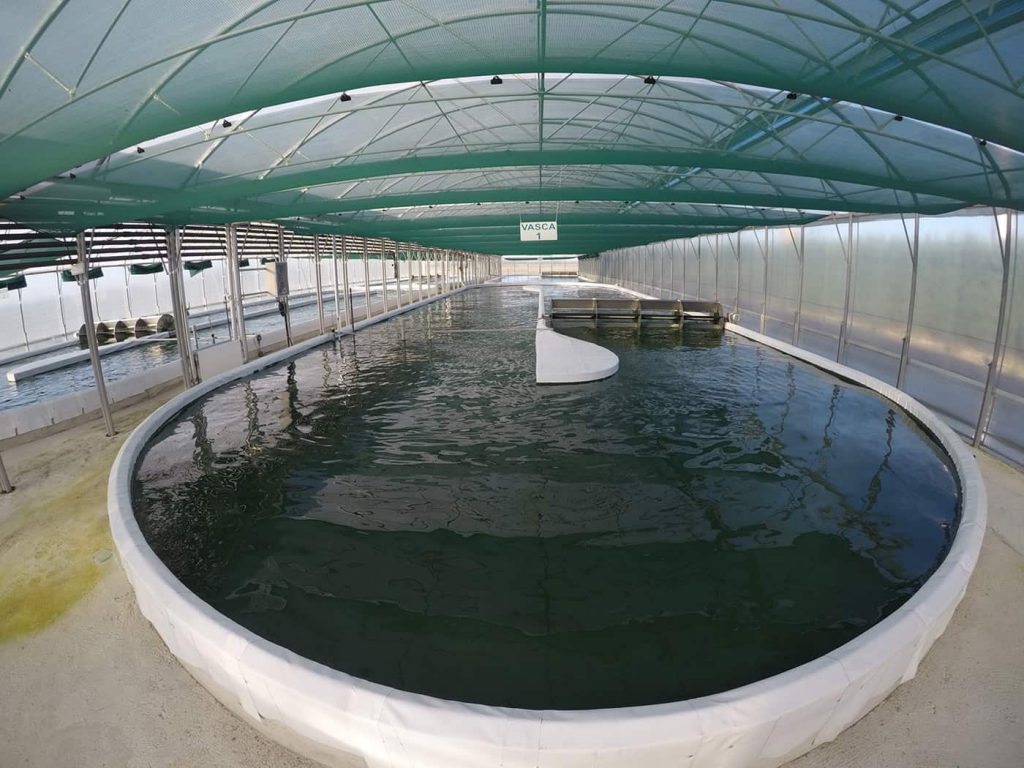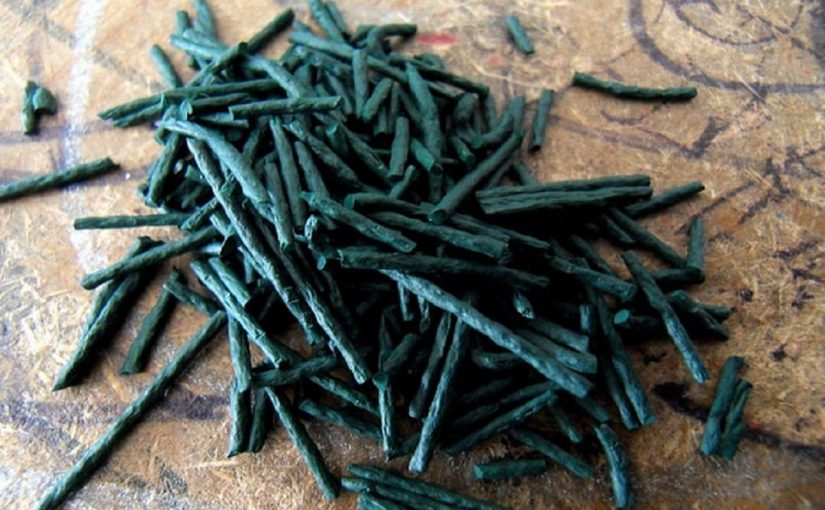24.10.2019
Spirulina is a food with multiple beneficial properties.
Spirulina is similar to an alga, but it is not scientifically this kind of living creature. In fact, it is neither an aquatic plant nor an alga, but a unicellular creature, which behaves like a plant, performs chlorophyll photosynthesis and feeds on substances contained in water. However, being much smaller than a a plant or a seaweed and being single-celled, has a absolutely singular body, characterized by a typical spiral shape, from which it takes its name (a body effectively not comparable to an alga or a plant).

SUPERFOOD
Known since ancient times, Spirulina is today indicated by FAO as the food of the future. Now, in Sant’Ilario dello Jonio, in the province of Reggio Calabria, the first Calabrian plantation that produces it is already active.
This food of the future, a Superfood, according to the experts of FAO, has all the characteristics of a vegetable origin food with a high content of antioxidants, proteins, omega-3, minerals, fibers or other essential nutrients with proven beneficial health effects.

Thus, having these multiple nutritional and therapeutic properties thanks to the substances it contains, it was known since ancient times by the tropical populations that fed on it because it is considered an excellent supplement.
Further, Spirulina contains:
– high quality biological proteins of high quality;
– essential fatty acids such as Omega 3 and omega 6, which counteract cholesterol and triglyceride levels;
– carbohydrates including rhamnose and glycogen;
– vitamin A, vitamin D, vitamin K and B vitamins;
– mineral salts such as iron, sodium, magnesium, manganese, calcium, iodine and potassium.

NUTRACEUTICAL FEATURES
Many are the nutraceutical benefits:
– it reduces the sense of hunger thanks to the phenylalanine content which by acting at the level of the nervous system induces the sense of satiety,
– prevents the damage of aging, favoring memory and concentration;
– the presence of essential fatty acids of the omega 3 and omega 6 series has a decisive role in reducing cardiovascular risk.
– can be used in the kitchen, but also in cosmetics.


